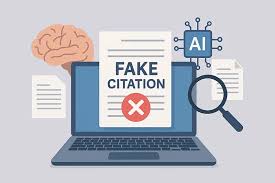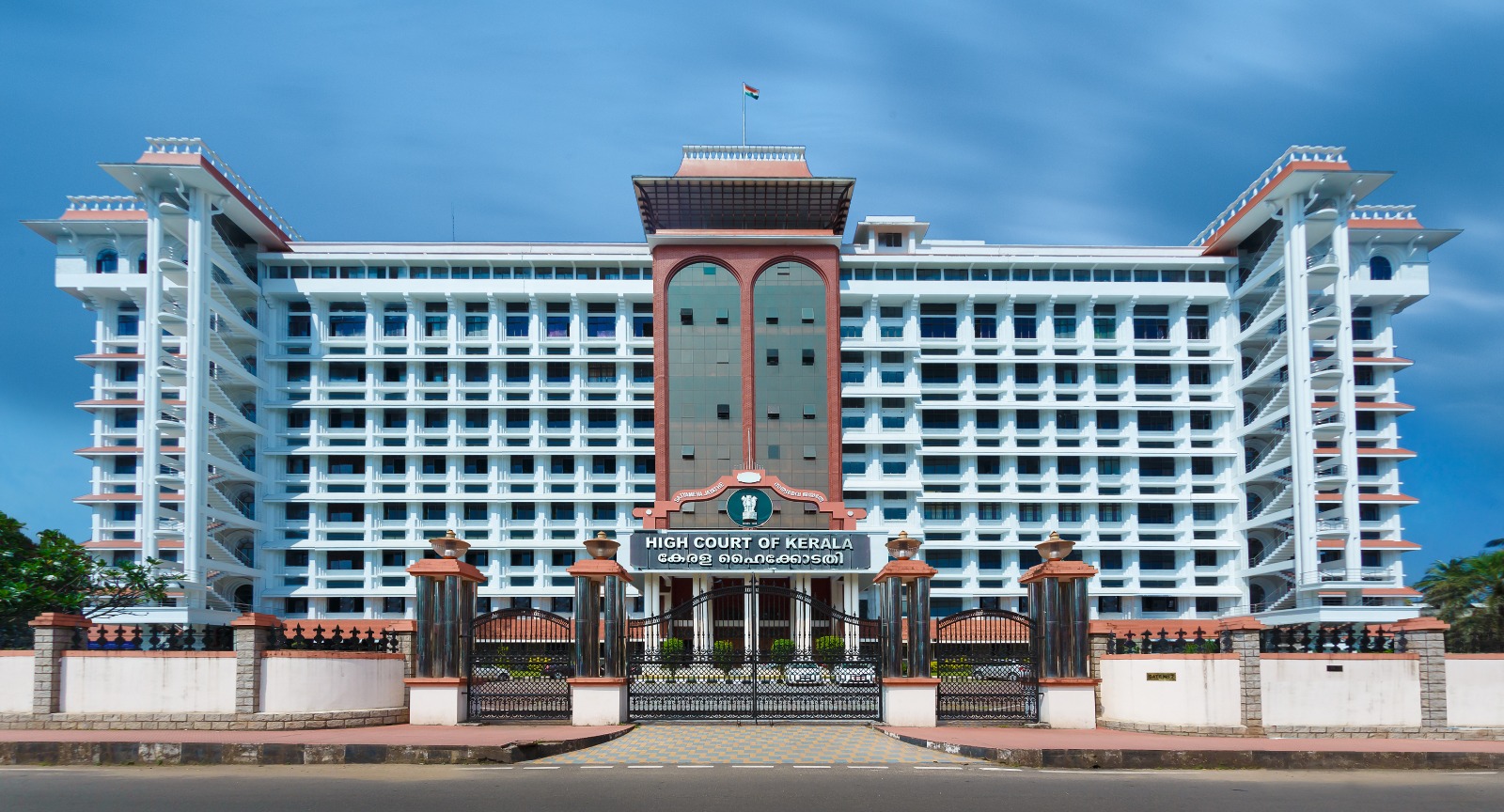@JUDGMENTTAG-ORDER
K.L. Pandey, J.@mdashThis is a petition under article 226 of the Constitution to call up and quash by certiorari the following:
An order of the Additional Collector Jabalpur, dated 3 July 1963 whereby the petitioner''s application dated 7 1963 for the grant of a quarry lease in respect of the petitioner''s own Bhumiswami land khasra no. 47/1 of village Mahgawan for extracting there form the minor mineral boulder gitti was rejected and the on made for the purpose by Devi Shanker (respondent 1) on June 1963 was granted; and
(ii) An order of the Additional Commissioner dated 10 April 1964 by which the petitioner''s appeal against the earlier order was dismissed. The petitioner has also prayed for a writ of mandamus requiring the Collector of Jabalpur to hear and dispose of, in accordance with law, the applications made to him for the quarry lease.
2. The facts giving rise to this petition may be stated in a few words. The petitioner, who held a quarry lease in respect of the area for the period 12 May 1958 to 12 May 1963, applied on 7 June 1963 for a regnant whereas the respondent 1 applied for the quarry lease on 1 June 1963. By the impugned order dated 3 July 1963, the Additional Collector, Jabalpur, preferred for the grant the respondent 1, who had applied earlier, as required by Rule 12 (1) of the Madhya Pradesh Minor Mineral Rules, 1961 (hereinafter called the Rules). As already indicated, the petitioner''s appeal against this order was dismissed on 10 April 1964.
3. The two orders dated 3 July 1963 and April 1964 are challenged before is as patently erroneous on the following grounds:
(1) The Additional Collector had no power to grant or reject the applications made for the quarry lease.
(2) There were special reasons for granting the quarry lease to the petitioner even though he had applied later than the other Claimant and the case should have been submitted to the State Government for decision under Rule 12 (2) of the Rules because the powers exercisable thereunder ware not delegated.
4. Having heard the counsel, we have formed the opinion that this petition must be allowed on the first ground. By a notification dated 18 November 1961 issued u/s 26 (2) of the Mines and Minerals (Regulation and Development) Act, 1957 (hereinafter called the Act), certain powers were delegated to the Commissioners and Collectors. That notification reads:
In exercise of powers conferred by subsection (2) of section 26 of the Mines and Minerals (Regulation and Development) Act, 1957 (No. 67 of 1957), the State Government hereby directs that powers exercisable by it under Rules 5, 8 and 18 of the Madhya Pradesh Miner Mineral Rules, 1961, shall be exercisable also by officers specified in column (i) of the Schedule below and subject to conditions mentioned in column (ii) thereof.
Schedule
1. Commissioners: The powers shall be exercised in resoles of all minor minerals other than limestone and where the area of the land exceeds 4 hectares but does not exceed 8 hectares.
2. Collectors : The powers shall be exercised in respect of all minor minerals other than limestone and where the area of the land does not exceed 4 hectares.
It is obvious that, by virtue of this notification itself, the Additional Collector cannot exercise any power under the Act or the Rules made thereunder. It is, however, urged that that the Additional Collector could dispose of the two applications because u/s 17(2) of the Madhya Pradesh Land Revenue Code, 1959, he was competent to exercise the powers of the Collector. A bare reading of that sub-section, which is reproduced, is sufficient to refute this contention.
17(2) An Additional Collector shall exercise such powers and discharge such duties conferred and imposed on a Collector by or under this Code or by or under any other enactment for the time being in force, in such cases or class of cases as the State Government may, by a general order, notify or as the Collector of the district may, subject to any general or special restrictions imposed by the State Government, by an order in writing direct.
It may be that an Additional Collector is a Revenue Officer of the same class as the Collector, but it is plain that he cannot exercise any power other hand those specified in section 17 (2) of the Code. It is also conceded that the State Government have not, by any notified order issued under this provision, authorised the Additional Collector to dispose of such cases. Nor has the Collector, by any general or special order in writing, purported so to do. Since it is conceded before us that if he were to endeavour to do so it would offend the principle underlying the maxim delectus non protest delegare, we do not consider it necessary to further pursue this point. In view of the foregoing considerations, we are of opinion that the order passed by the Additional Collector, Jabalpur, on 3 July 1963 is unsustainable and the one affirming it in appeal is equally bad.
5. The second ground is based on Rule 12 (2) of the rules which reads:
(2) The State Government may for special reasons to be recorded grant a quarry lease to an applicant whose application was received latter in preference to an applicant whose application was received earlier.
Having heard the counsel, we are inclined to think that the Collector, who exercises, by virtue of delegation, some of the powers of the State Government, is not obliged to submit every case in which a person, whose application was received later, claims preference for special reasons. If that were so, he would be rendered largely powerless to dispose of the applications duly received by him. It is true that the powers under Rule 12 (2) have not been delegated. That being so, if the Collector thinks that there is a case for preferring any one under that Rule, it would be open to him to submit the proceedings to the State Government for order. Further, if an applicant''s claim for preference under the Rule is improperly disregarded by the Collector, it would be open to him to move the State Government for relief.
6. In the he view we have taken of the first ground urged before us, this petition succeeds and is allowed. The orders dated 3 July 1963 and 10 April 1964 are quashed and the case is remitted to the Collector, Jabalpur, for a fresh disposal in accordance with law. The respondent 1 shall bear his own costs and pay those incurred by the petitioner to whom the security amount shall be refunded. Hearing fee Rs. 100.

